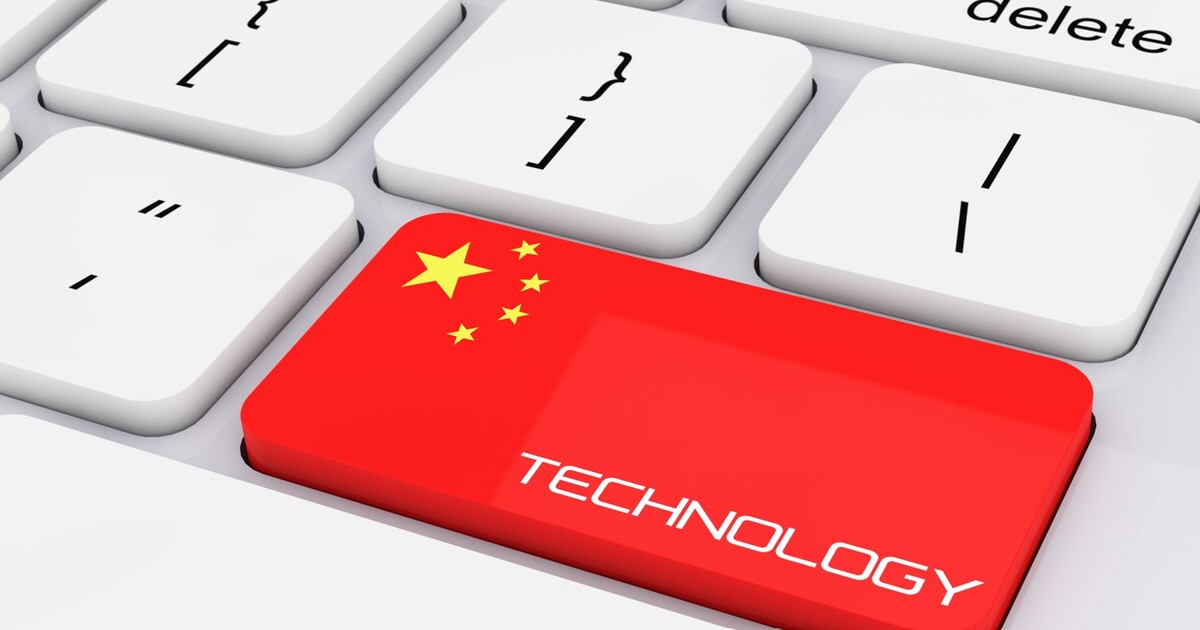Now Russia Accuses China of Technology Theft
China’s copycatting hunger knows no ideological boundaries: Reflections on the fragility of presumed anti-U.S. alliances.
January 2, 2020

Chinese-Russian military and geopolitical cooperation is flourishing – for now. And that has Washington worried.
However, if the weapons industry is anything to go by, a fraying at the edges of close ties between the two Asian powers may be on the horizon.
To be sure, Russia remains by far China’s foremost arms supplier. But that doesn’t keep China from stealing Russian military technology, much like it allegedly does in the West.
So far, Russia, has been willing to look the other way. Equipped with a notoriously weak economy and a political regime that is desperately in need of the revenues of weapons sales, Moscow had no real alternative option. Military sales undergird Moscow’s geopolitical heft.
The question is for how long Russia can afford this benign, acquiescent attitude and look the other way when China steals military technology.
By the same token, viewed in a broader strategic context, this is also a question that applies to various other opportunistic alliances. This notably includes the relationship between Russia, Turkey and Iran.
Practical limits of the anti-U.S. brotherhoods
What these relationships, often concluded to stand up to the United States, have in common is that they are driven by short-term interests. First and foremost, they reflect a desire to institutionalize a multipolar world in which U.S. power is counterbalanced by others.
These alliances, adopting pragmatic approaches, have so far worked by focusing on immediate interests, while carefully managing significant differences. Those differences, nonetheless, surface regularly.
Recently, alleged Chinese intellectual property theft as well as diametrically opposed Turkish, Russian and Iranian policies towards conflicts in Syria and/or Libya that have figured prominently in media reports.
China gives Russia the U.S. treatment on IP
This month, Rostec, the Russian state defense conglomerate, gave a rare public display of friction between Russia and China. It echoed long-standing U.S. allegations of Chinese technology theft and accused China of illegally copying Russian military hardware and weapons.
Yevgeny Livadny, Rostec’s chief of intellectual property projects, said:
Unauthorized copying of our equipment abroad is a huge problem. There have been 500 such cases over the past 17 years. China alone has copied aircraft engines, Sukhoi planes, deck jets, air defense systems, portable air defense missiles and analogues of the Pantsir medium-range surface-to-air systems.
Mr. Livadny appeared to be referring among other things to alleged Chinese intellectual property theft after Russia sold to China in 2015 six S-400 anti-aircraft systems and 24 Su-35 fighter jets for US$5 billion.
China is thought to have benefitted from Russian technology when it in 2017 rolled out its fifth generation Chengdu J-20 fighter that is believed to be technologically superior to Russia’s SU-57E.
Similarly, China is suspected of having based its J-11 fighter jet and HQ-9 surface-to-air missiles on Russia’s Su-27 fighter jets and S-300 missile systems purchased in the 1990s.
Chinese technology theft is unlikely to persuade Russia any time soon to forego the strategic advantages of its geopolitical cooperation with China.
Russia needs to assert itself at some point
But with China’s defense industry significantly improving its technological capabilities, Russia needs to ensure that it remains crucial to the People’s Republic’s military development for economic reasons as well as in a bid to maintain a strategic balance in an alliance that is based on pursuing short-term common interests while kicking potential friction points down the road.
When it comes to arms, Russia’s preferred strategy is to try pressuring China to engage in joint weapons development, while seeking to maintain a technological edge for itself.
This was evident just recently, when Russia sought to press its technological advantage by announcing that its new Avangard hypersonic intercontinental glide vehicle that can fly 27 times the speed of sound had become operational.
Positioning Russia as the first country to have hypersonic weapons, the Avangard is launched atop an intercontinental ballistic missile. However, unlike a regular missile warhead that follows a predictable path after separation, it can make sharp manoeuvres in the atmosphere en route to target, making it much harder to intercept.
In geopolitical terms, the Avangard missile may give Russia a first-starter advantage but at best is yet another band aid to work around the fragility of not only the Russian Chinese alliance, but also alliances like that of Turkey with Russia and with Iran.
Delivering weapons only provides Russia with so much glue
The fragility of those alliances is evident in Turkish and Russian attempts to balance their competing interests in Syria and Libya. Turkey has criticized the ongoing Syrian-Russian assault on Idlib, the last Syrian rebel stronghold, and called for an immediate ceasefire.
Turkey and Russia are also at odds when it comes to Russian interference in Ukraine, the exploitation of natural gas reserves in the Eastern Mediterranean, the Azerbaijani-Armenian conflict in the Caucasus over Nagorno-Karabagh and they compete for influence in the Balkans and Central Asia.
To be sure, Turkey’s and Russia’s presidents, Recep Tayyip Erdogan and Vladimir Putin, respectively, envision a Turkish and a Russian world that serve as spheres of influence. These are not only bound to clash but clash already.
Takeaways
The question is for how long Russia can afford a benign, acquiescent attitude and look the other way when China steals military technology.
Chinese technology theft is unlikely to persuade Russia any time soon to forego the strategic advantages of its geopolitical cooperation with China.
When it comes to arms, Russia’s preferred strategy is to try pressuring China to engage in joint weapons development, while seeking to maintain a technological edge for itself.
With China’s defense industry significantly improving its technological capabilities, Russia needs to ensure that it remains crucial to China’s military development for economic reasons.
Read previous
Firsts in 2010
January 1, 2020
